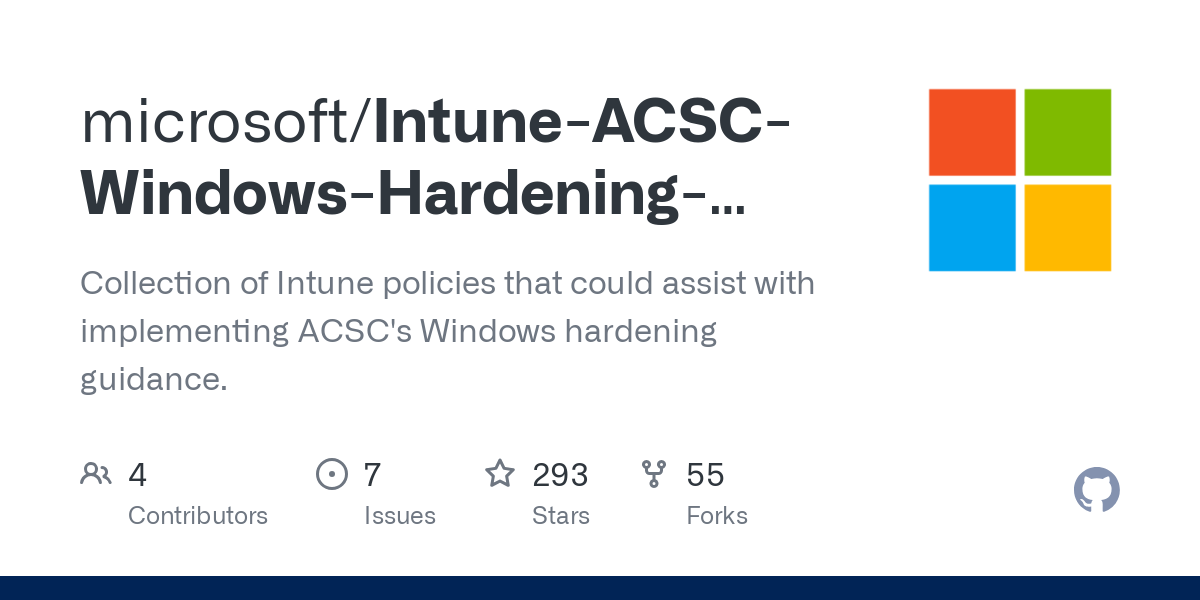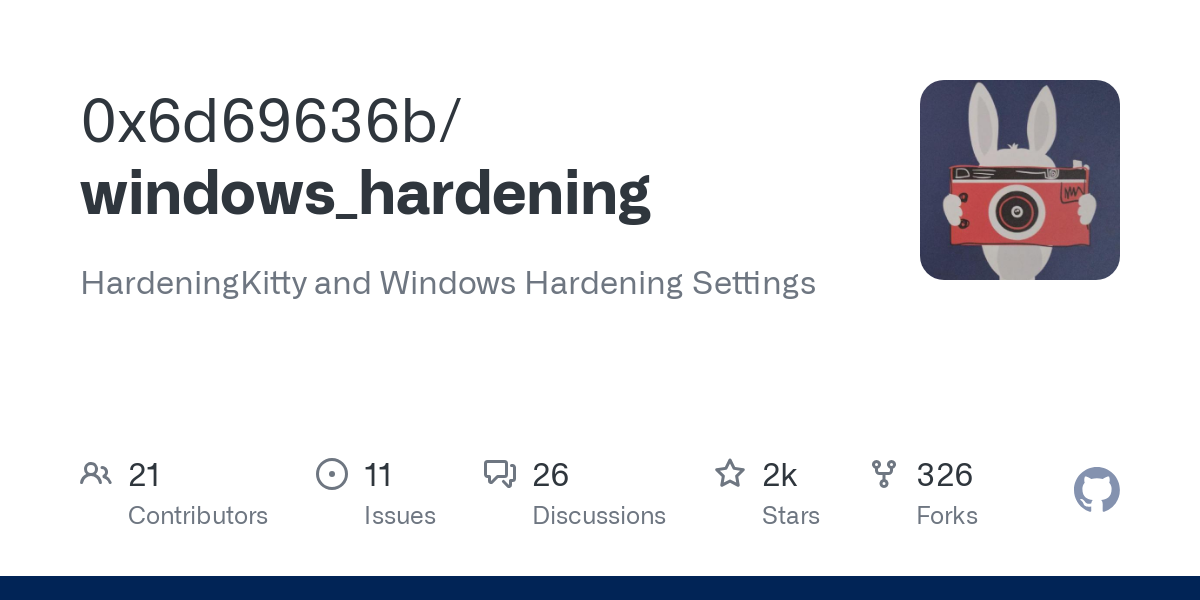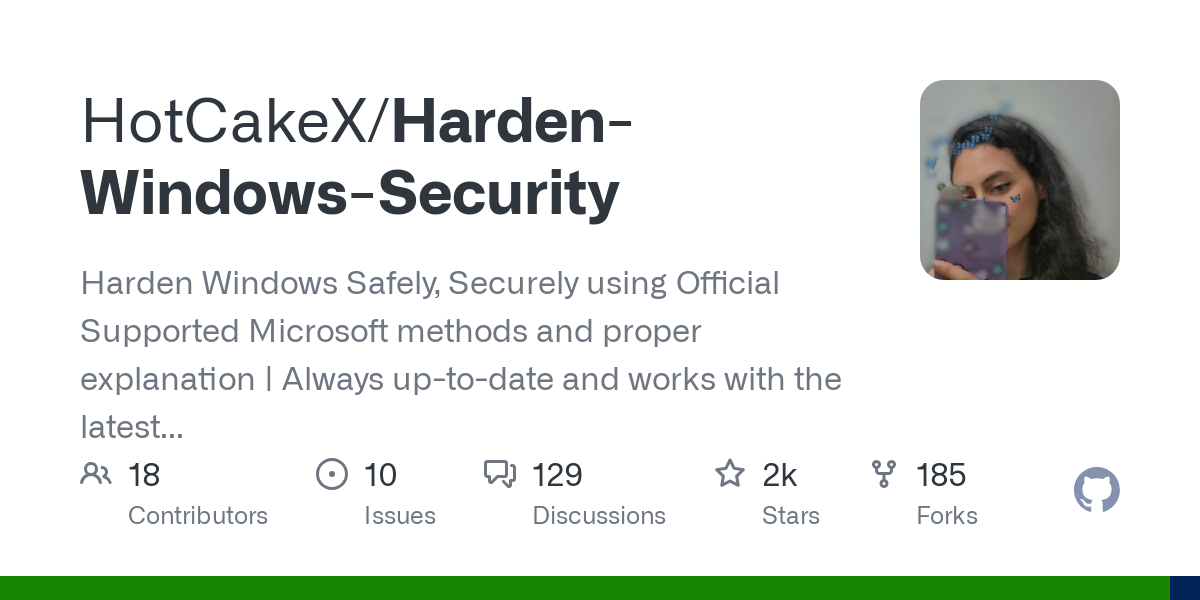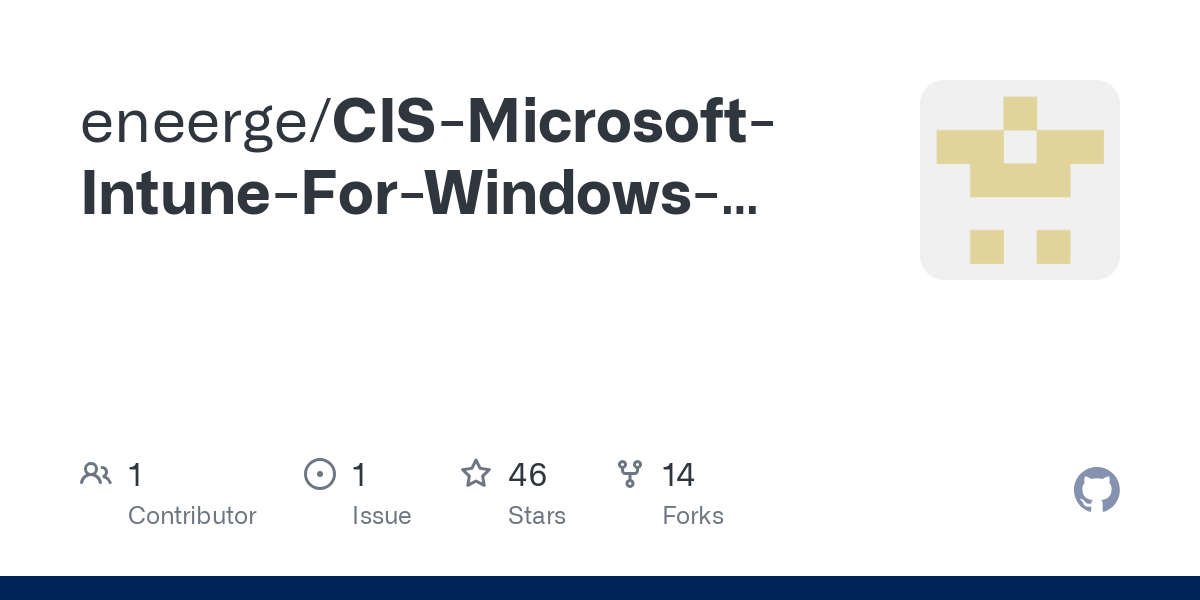Ever wonder why hackers always seem so relaxed? 😏 It's because too many organizations rely on out-of-the-box Windows configurations optimized for ease-of-use rather than security. By diving into advanced hardening, you're turning your Windows client into a hacker’s worst nightmare—making their life difficult and your weekends more relaxing! 🍹😎 Aligning with security benchmarks like CIS helps ensure compliance and peace of mind (and fewer awkward conversations with auditors). But remember, always test changes thoroughly—breaking your own network isn't part of the plan! 😉
Why Advanced Hardening Matters 🌟
Attackers thrive on predictable setups. Let's shake things up and spoil their fun by addressing these advanced security settings!
That you should have an XDR / EDR or whatever it's called installed should be clear. But i always prefer Defender for Endpoint.
Firewall, Bitlocker, User with no admin Rights etc.. should be also clear, so we are not going to check those out.
Recommended Advanced Settings 🔑
1. Credential Guard (CIS Benchmark ✅)
- Why Used: Keeps credentials safely isolated—like keeping cookies hidden from kids. 🍪🔒
- Threats Mitigated: Credential theft, Pass-the-hash, Pass-the-ticket.
- Intune Setting: Device Configuration > Profiles > Endpoint Protection > Credential Guard
2. Exploit Protection (Advanced Threat Mitigation) (CIS Benchmark ✅)
- Why Used: Stops sneaky memory exploits cold. ❄️
- Threats Mitigated: Buffer overflow, Heap spraying, Code injection.
- Intune Setting: Endpoint Protection > Microsoft Defender Exploit Guard > Exploit Protection
3. Secure Boot & Device Guard (CIS Benchmark ✅)
- Why Used: Blocks rootkits and bootloaders from crashing your party. 🎉
- Threats Mitigated: Bootkits, UEFI tampering.
- Intune Setting: Device Configuration > Profiles > Device Guard > Enable Virtualization-Based Security
4. Disable NTLM Authentication (CIS Benchmark ✅)
- Why Used: Because old-school authentication should retire gracefully. 🧓👋
- Threats Mitigated: Pass-the-hash, Credential replay.
- PowerShell:
Set-ItemProperty -Path "HKLM:\SYSTEM\CurrentControlSet\Control\Lsa" -Name "RestrictNTLMInDomain" -Value 1
5. Harden PowerShell Execution (CIS Benchmark ✅)
- Why Used: Ensures only trusted scripts get executed—no shady scripts allowed! 🚫🕵️♂️
- Threats Mitigated: Malicious scripts.
- PowerShell:
Set-ExecutionPolicy -ExecutionPolicy RemoteSigned -Scope LocalMachine - Intune Setting: Endpoint Protection > Microsoft Defender Application Control > Script Control
6. DNS over HTTPS (DoH)
- Why Used: Keeps your DNS secrets safe from prying eyes. 👀🔐
- Threats Mitigated: DNS spoofing, hijacking.
7. Advanced Audit Policy Configuration (CIS Benchmark ✅)
- Why Used: Because every crime deserves a witness (or a log). 📜👮♂️
- Threats Mitigated: Insider threats, unauthorized access.
- Intune Setting: Device Configuration > Audit Policies
8. Disable Unnecessary Services (CIS Benchmark ✅)
- Why Used: Less clutter means fewer opportunities for attackers. 🧹✨
- Threats Mitigated: Service vulnerabilities.
- PowerShell:
Get-Service -Name XblGameSave | Set-Service -StartupType Disabled
9. Implement Application Whitelisting (CIS Benchmark ✅)
- Why Used: Ensures only the good stuff runs—think VIP list at a club. 💃🕺
- Threats Mitigated: Malware execution.
- Intune Setting: Endpoint Protection > Application Control
10. Restrict USB and Removable Media (CIS Benchmark ✅)
- Why Used: Stops USB drives from sneaking data in and out. 🚷📂
- Threats Mitigated: Data leakage, malware infections.
- Intune Setting: Endpoint Protection > Device Control
Additional Critical Settings 🚨
11. Apply UAC Restrictions to Local Accounts on Network Logon (CIS Benchmark ✅)
- Why Used: Stops unwanted remote admin surprises. 🛑👨💻
- Threats Mitigated: Remote privilege escalation.
- Intune Setting: Endpoint Protection > Local Security Options
12. Disable SMBv1 Client and Server (CIS Benchmark ✅)
- Why Used: Sends the outdated SMBv1 to retirement—no golden handshake included. 🤝🚫
- Threats Mitigated: Ransomware, SMB relay.
- PowerShell:
Disable-WindowsOptionalFeature -Online -FeatureName SMB1Protocol
13. Structured Exception Handling Overwrite Protection (SEHOP) (CIS Benchmark ✅)
- Why Used: Deflects nasty buffer overflow attacks. 🛡️
- Threats Mitigated: Buffer overflow.
14. IPv6 and IP Source Routing Protection (CIS Benchmark ✅)
- Why Used: Keeps attackers from dictating your traffic flow. 🚦🚫
- Threats Mitigated: Man-in-the-middle attacks.
15. Disable Multicast DNS (CIS Benchmark ✅)
- Why Used: Stops attackers from window shopping your network. 🛍️🚷
- Threats Mitigated: Reconnaissance.
- Intune Setting: Administrative Templates > Network > DNS Client
16. Prohibit Network Bridge Installation (CIS Benchmark ✅)
- Why Used: Prevents unauthorized DIY network expansions. 🚧
- Threats Mitigated: Unauthorized access.
- Intune Setting: Administrative Templates > Network > Network Connections
17. Disable RDP Password Saving (CIS Benchmark ✅)
- Why Used: Stops leaving keys under the doormat. 🔑🚫
- Threats Mitigated: Credential theft.
- Intune Setting: Administrative Templates > Windows Components > Remote Desktop Services
18. Disable Basic Authentication (Remote Management) (CIS Benchmark ✅)
- Why Used: Keeps passwords out of sight, out of mind. 🙈
- Threats Mitigated: Credential interception.
- Intune Setting: Administrative Templates > Windows Remote Management
19. PUA Protection (CIS Benchmark ✅)
- Why Used: Because no one invited adware to the party. 🎈🚫
- Threats Mitigated: Adware, spyware.
- Intune Setting: Endpoint Protection > Defender Antivirus
20. Device Guard - LSA Protection (CIS Benchmark ✅)
- Why Used: Keeps credential thieves frustrated. 😤🔐
- Threats Mitigated: Credential theft.
- Intune Setting: Device Configuration > Device Guard
But to be honest with you. You don't have to waste a lot of time for no reason . 🛞
Thanks to the s!ck Windows / MS Community you can find everything prepared for you.😲
Here my curated list of everything about Client Hardening:















